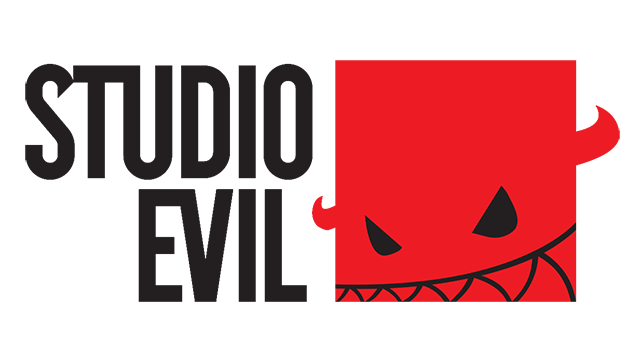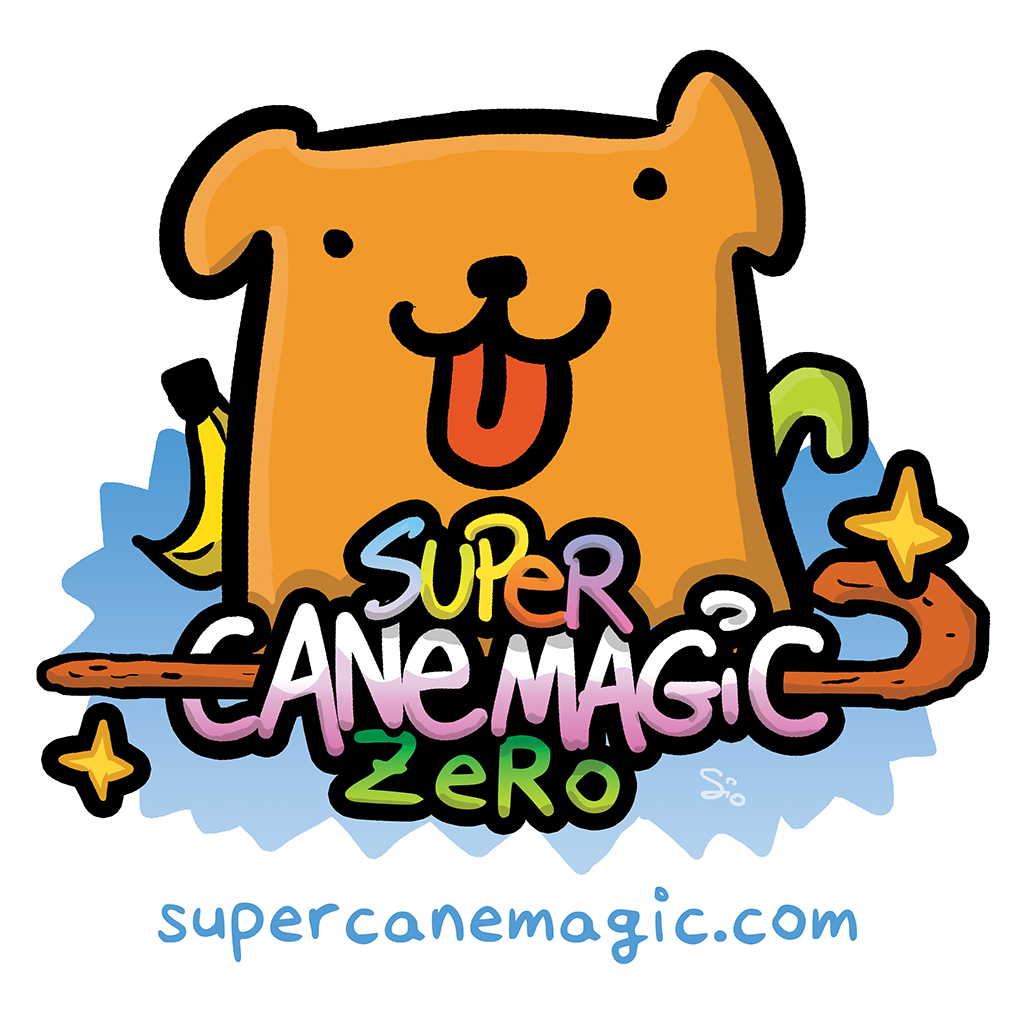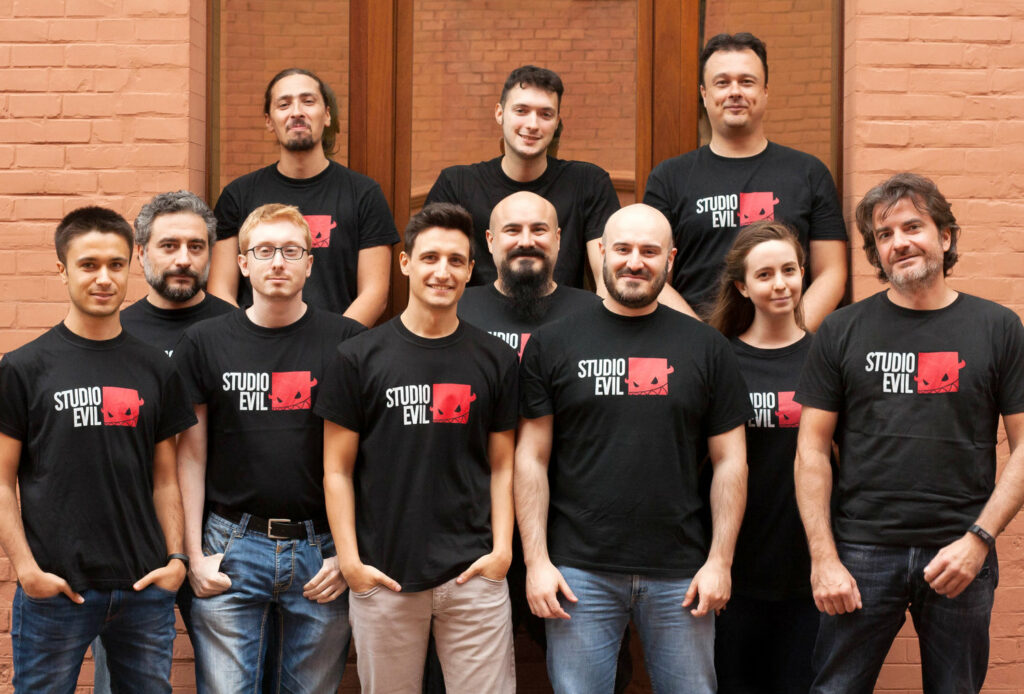25 Feb

-
Members
Marco Di Timoteo, Luca Marchetti, Christian Meneghini, D-sign S.r.l.
-
Video Games
Syder Arcade (2012), Relive (2015), Super Cane Magic ZERO (2019), Syder Reloaded (2020)
-
Website
Click the icon to know more!
Marco Di Timoteo, Luca Marchetti and Christian Meneghini, along with the support of D-sign communication agency, founded in 2011 in Bologna Studio Evil S.r.l., giving substance to their love for the world of video games and making their development their full-time job. To date the team has grown a lot and has ten members, with headquarters in Via Ilio Barontini 20/A.
There are four video games made by Studio Evil: Syder Arcade, Relive, Super Cane Magic ZERO and Syder Reloaded. Syder Arcade is the first game of the team, released in 2012 for PC, mobile and Ouya, and it was never completely abandoned as a project. Reason why, as soon as they acquired the knowledge and skills to publish on consoles (Nintendo Switch and PS4), they took the opportunity to launch the new Reloaded version in 2020, in order to improve this exciting shoot ’em up in an environment ideal for its gameplay features.
The approach to the console world is possible thanks to the proposal of a publisher to create the Nintendo Switch and PS4 version of Super Cane Magic ZERO. This project was born during Lucca Comics & Games 2014, joining Eppela’s competition: Lucca Crowd Race. During this event, the company decided to contact Sio to propose him the possibility to develop a game together, combining the experience of both the professionals in the field of games and comics. Thus begins a unique collaboration, which offers the team a new and fresh perspective, adding a very stimulating element of challenge to the development of the game, and receiving the support of a very involved and loyal fanbase. Working with an artist from a different field means being able to bring his contents into a new dimension, without distorting the essence of his work and keeping up to the expectations of the fans.

Studio Evil develops video games but supports itself by doing a lot of B2B commissions. For a company with a traditional structure, with employees and salaries to pay, it is necessary to have some kind of financial freedom in order to be able to support the team and to self-fund and self-publish the games. This has both positive and negative aspects: the fundamental negative point is that it moves away from the primary focus, which is to develop video games; the positive point is the general wellbeing and the sharing of expertise, tools and pipelines between gaming and B2B productions, since even development experiences not directly related to the video game field can bring new and useful technical knowledge. Any examples? The VR world and the mobile puzzle game Maggie – Il Tesoro di Seshat.
Looking back, Studio Evil has learned – and still learns – from its mistakes: when developing a video game there are so many variables involved that it is not possible to make only the right decisions. When you make a mistake, you have to be aware of your mistakes and learn from them; this is the only way to grow. To date there has been a great professional growth within the team: compared to the first years, there are many more skills, competences and organization. The hope for the future is to focus on a purely gaming area, reducing the B2B activities.
An advice from the team to young developers? Study a lot, study forever and learn English very well. It is necessary to be aware of the fact that developing video games is a job that involves also other competences than those related to technical and creative know-how: when a company is founded, there are multiple bureaucratic and administrative aspects to manage, and the division of responsibilities within the team allows everyone to better focus on their work.

Special thanks to Domiziana Suprani for the interview.
Ultimi articoli
Archivio
- News & Papers (1)
- Team ENG (4)
- Video Games (7)




